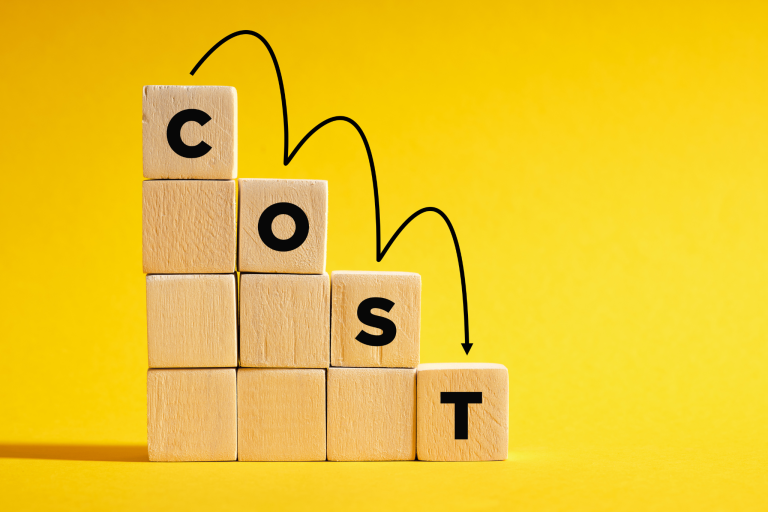With Nigeria’s inflation rate soaring, cutting expenses is no longer a choice, but a necessity. Many Nigerians can relate to overspending on impulse buys, unused gym memberships, and pricey coffee habits. To make ends meet, consider these cost-cutting measures:
- Ditch Unused Subscriptions: Review your subscriptions and cancel any unused or unnecessary ones. This includes gym memberships, streaming services, and magazine subscriptions.
- Kick the Lottery and Gambling Habit: These habits can quickly drain your finances. Instead, focus on saving and investing in your future.
- Make Coffee at Home: Visiting coffee shops can be pricey. Learn to brew your own coffee and save money.
- Dine In, Not Out: Eating out frequently can be expensive. Cook meals at home and save money.
- Avoid Fancy Expenses: Reduce spending on luxury items, such as expensive clothing, accessories, or gadgets.
To maintain a healthy lifestyle despite rising costs, prioritize:
- Eating a Balanced Diet: Focus on whole foods, fruits, and vegetables to maintain optimal health.
- Home-Cooked Meals: Cooking at home allows you to control ingredients and portion sizes.
- Affordable Alternatives: Explore cheaper options for entertainment, relaxation, and socializing.
Ignatius Chike, a trader, shared his experience of cutting back on expenses. He now prefers buying cheaper alternatives to beer and limits his drinking to weekends. By making small changes, Nigerians can save money, eat healthier, and navigate the economic challenges.
According to the National Bureau of Statistics, the national average cost of a healthy diet was N1,041 per adult per day in May 2024. By adopting these cost-cutting measures, Nigerians can allocate more resources to essential expenses, like healthy food.

